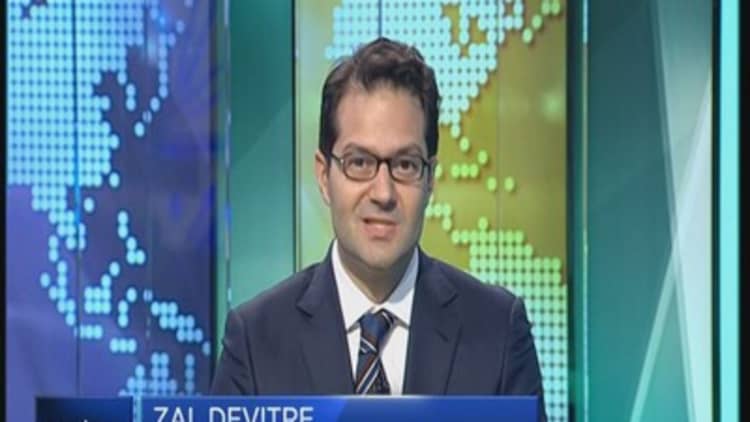



The rise of Islamic State and Boko Haram brought the economic and human cost of terrorism to their worst levels in 2014, according to new statistics.
The number of people killed around the world by terrorist attacks rose by 80 percent last year, to 32,658 people in 2014, compared with the 18,111 in 2013, the Institute for Economics and Peace's global terrorism index found.
Islamic State, which has claimed responsibility for Friday night's synchronized attacks in Paris, and Boko Haram, the Islamic extremist group active in Nigeria, Niger, Cameroon and Chad, were responsible for more than half of those deaths as they gained territory in Africa and the Middle East.
"The significant increase in terrorist activity has meant that its ramifications are being felt more widely throughout the world. What is most striking from our analysis is how the drivers of terrorism differ between more and less developed countries. In the West, socio-economic factors such as youth unemployment and drug crime correlate with terrorism. In non-OECD countries, terrorism shows stronger associations with ongoing conflict, corruption and violence," institute executive chairman Steve Killelea said in a statement.
The economic toll of terror attacks is also building, reaching its highest level ever in 2014 at $52.9 billion, up 61 percent from the previous year, as terror attacks hit infrastructure and led to international investments being pulled from affected countries.
Despite the tragic events in Paris, Africa and the Middle East have suffered much worse effects. In 2014, just five countries — Afghanistan, Iraq, Nigeria, Pakistan and Syria — accounted for 78 percent of all deaths, with Iraq worst hit as IS tried to capture oil-rich parts of the country.
In the West, an attacker is more likely to be a "lone wolf," who have caused 70 percent of all terrorist deaths over the past 10 years in Western countries. This may of course change if IS expands its strategy in Western nations.
The terrorist group is responsible for the largest influx of foreign-born fighters in modern times, largely because of its internet-savvy operations. Close to 25,000 to 30,000 fighters, from roughly 100 countries, are now in Iraq and Syria, mostly from other Middle Eastern countries, according to the insttitue.
- By CNBC's Catherine Boyle




